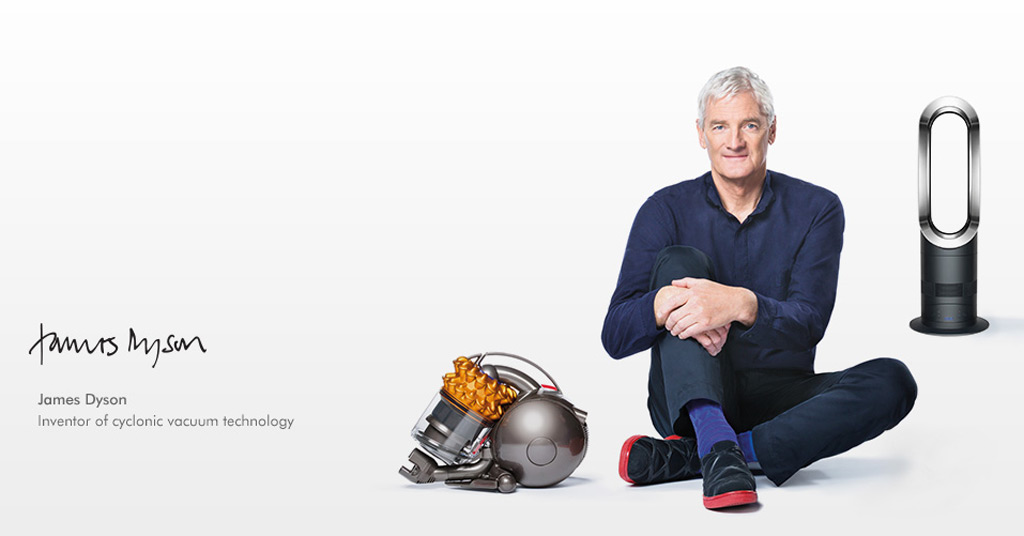British household appliance company Dyson last fall confirmed it was working on an electric car for launch by 2020.
No specifics were given at the time apart from a commitment from Dyson founder and chief engineer James Dyson to spend $2.7 billion on the project and build up a team of over 400 staff.
The Financial Times (subscription required) has since published a report detailing in greater depth Dyson's plans, which are said to include at least three cars.

James Dyson
According to the report published Wednesday, Dyson's first model could be limited to fewer than 10,000 units. The company is said to be looking at using the first model to gain experience in the automotive sector as well as to build up a supply chain, after which at least two more models with substantially higher volumes could be launched.
To help get the first model to market faster, the Financial Times' sources said Dyson might launch the car with lithium-ion batteries rather than more advanced solid-state batteries. Solid-state batteries weigh less and promise much greater range than lithium-ion batteries, but so far no one has managed to manufacture them at the scale necessary for cars. Toyota is the only company to give a timeline for the launch of electric cars with solid-state batteries. It said last December that it aims to have the batteries available by the early 2020s.
We should point out that half of the $2.7 billion committed to Dyson's automotive ambitions will be spent on battery technology alone. Dyson also has experience with plastics and other lightweight materials from its household appliance business, and this has led to speculation that we could see this experience used to make Dyson's cars much lighter than the competition. There's also the experience in electrical systems and manufacturing that could give Dyson the edge over the multitude of rival electric car startups.
